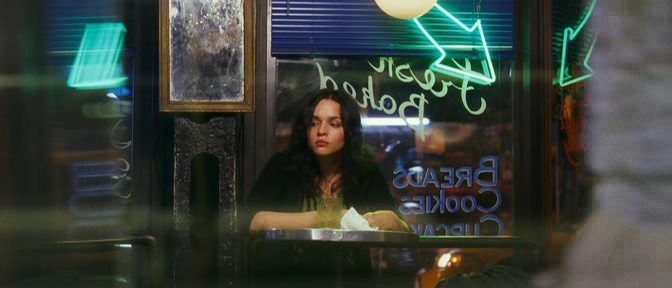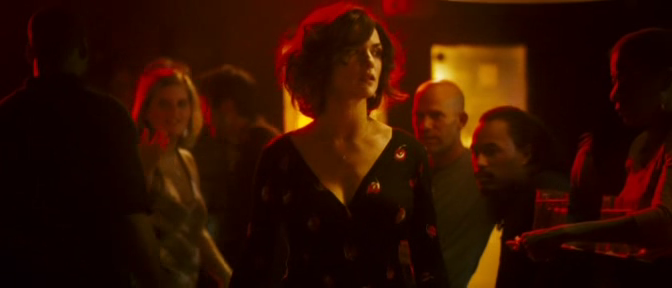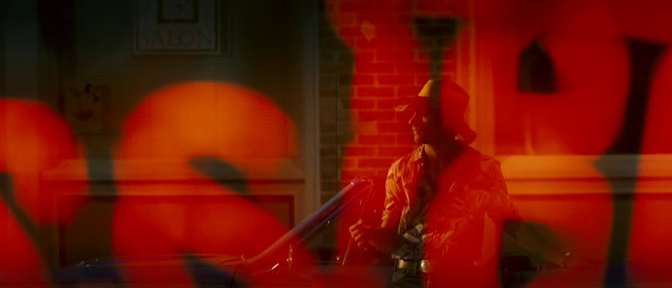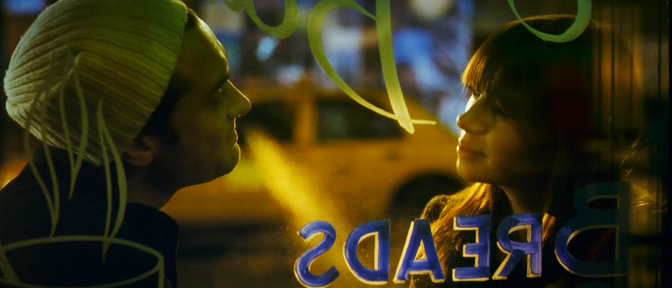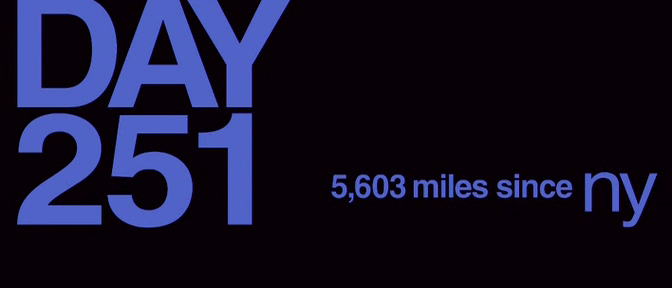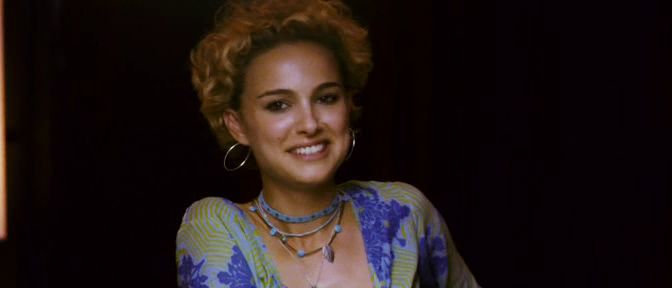William Gibson’s name first crops up attached to Neuromancer, which is held by many to be the genesis of the cyberpunk genre. Back in 1984, Gibson imagined a VR-Internet, coining the term ‘cyberspace’, extending contempary technologies to create a view of the future that was entirely possible. Neuromancer was set well into the future, imagining a world somewhat like Blade Runner, space stations and all, and one of its key premises of humans interfacing with computers directly, along with AI, served as inspiration for The Matrix.
While Neuromancer’s sequels Count Zero and Mona Lisa Overdrive (yep, Matrix again) were set along the same timeline inevitably, Gibson’s next major work moved backwards, coming closer to the present, with the Bridge series. Virtual Light, Idoru and All Tomorrow’s Parties were set in a future just around the corner, a post-modern world where earthquakes had struck Tokyo and San Francisco. There was still an element of Gibson’s defining science-fiction in these, but other than stylistically, they may as well have been written by a completely different author to those of the cyberpunk stories.
Post-2001, post-9/11, it would appear that Gibson left the science fiction genre entirely, his novels now set in a contempary world that is entirely recognisable. Pattern Recognition dealt with the story of a “cool hunter” chasing an unusual film being released peicemeal over the net – apart from one or two details, there was little in Pattern Recognition that was science fiction. Cayce Pollard, protagonist, uses a G4 Cube, catches entirely normal flights, and does yoga in a yoga studio in north London – no Boston-Atlanta conurbation here.
Spook Country takes this one step further. Gibson removes any element of the unknown, and refers to real-world events with an attached timeline, where Neuromancer had nary a reference to a year or date in it. 9/11 figures again, though not as prominently as in Pattern Recognition, and it’s clear Gibson has taken that date as a turning point. The story starts with three seperate threads, each interleaving their way to a finish that feels almost anti-climatic. Continue reading “Book Review: Spook Country by William Gibson”


